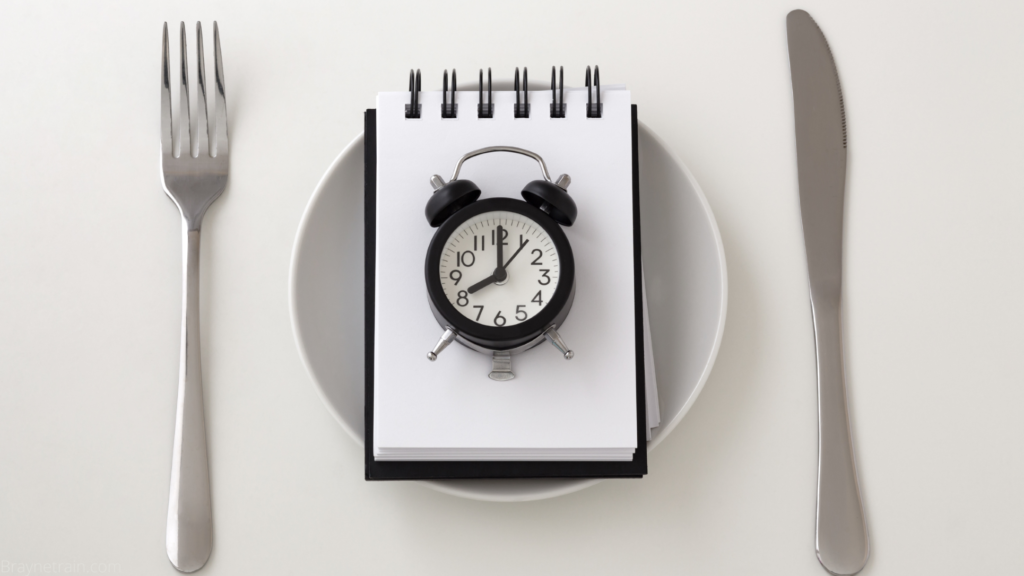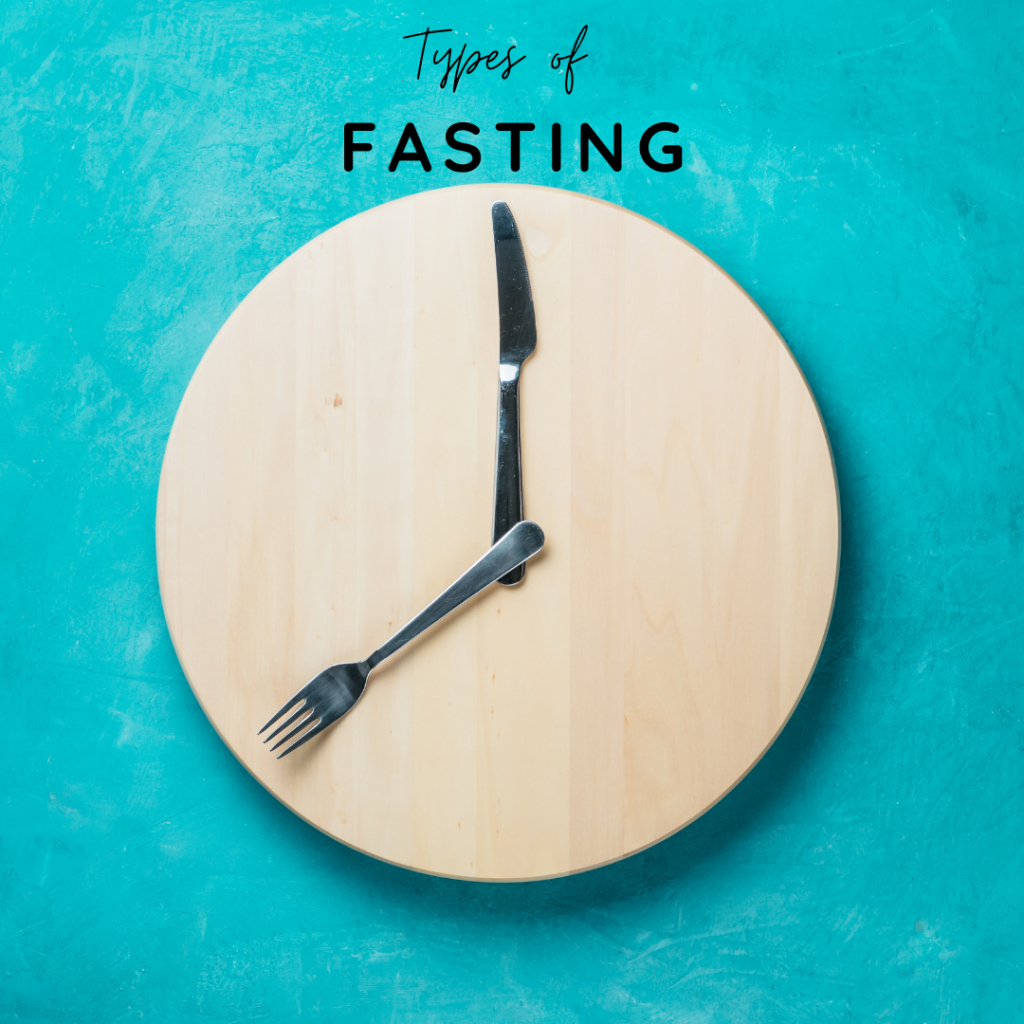
Can You Lose Weight by Intermittent Fasting Alone?
People often ask if fasting is essential, given that there are so many other diets out there for weight loss.
When it comes to weight loss, diet and nutrition is the most important factor. Intermittent fasting promotes Ketosis, a state in which your body burns its fat for fuel, resulting in major weight loss. The combination of intermittent fasting and a healthy diet is an incredible tool for effective weight loss.
If you’re looking to start your intermittent fasting journey and lose weight, continue reading!

Fasting in History.
During the 1960s and 1970s, the standard eating regimen was three meals per day with no snacking in between. Therefore, an average fasting period lasted 12-14 hours, from dinner to breakfast.
Times have changed!
In today’s world, more and more people are finding themselves snacking more frequently.
Obesity has become a fact of many people’s lives, and it’s no surprise that snacking has become a hobby for some.
Whether it’s mindlessly munching on snacks in front of the TV or planning out elaborate snack spreads, people increasingly spend more time thinking about snacks.
And with the availability of so many delicious and indulgent snacks, it’s no wonder why!
Why Intermittent Fasting Works.
When you fast, your body enters a state of ketosis.
In ketosis, the body starts to burn its fat for energy—switching its primary energy source from sugar to fat and creating ketones as a by-product.
This process has numerous benefits for your health, including weight loss, improved mental clarity, and reduced inflammation.
One of the best ways to achieve optimal health is fasting.
In fact, studies have shown that people who fast regularly are more energetic and healthier than those who do not.
There are many different types of fasting, and each has its benefits.
To learn when is the best time to weigh yourself, click here.

Types of Fasting:
16:8 or Time-Restricted Fasting
16:8 is the most popular and by far widely used intermittent fasting method.
How it works is the individual fasts for 16 hours daily and has an 8-hour eating window.
It is best not to eat lots of carbohydrates and sugar during the eating window.
It’s recommended to eat a healthy diet such as the Ketogenic or The Mediterranean diet, for achieving the best result.
OMAD (One Meal a DAY)
In OMAD the Individual eats one meal per day and fasts for 23 hours a day.
The eating window is one hour.
This type of fast is best for a more seasoned intermittent faster.
It’s best to Start with a 16:8 and gradually increase your time to OMAD or longer fasts.
During your eating window, make sure to eat a healthy diet.
The 5:2 diet
Popularized by Dr. Michael Mosley.
In the 5:2 method, the individual eats a normal amount of food for five consecutive days during the week and restricts their calories to only 500 per day for two days after that.
This method works for weight loss because the total amount of calories consumed per week is cut dramatically, and fewer calories result in weight loss.
Extended Fasting (Prolonged fasting)
Extended fasts typically last longer than 24 hours or more, for example, a 36-hour fast (Monk Fast) or a 48-hour fast.
Prolonged fasting is a powerful strategy for weight loss because it increases the time the body relies on using its fat for fuels, hence great fat loss occurs during longer fasts.
However, extended fasting is not recommended for beginners.
It’s best to start with a shorter fast like the 16:8. Over time increase your time to 24 hours and longer.
It is not recommended to practice Prolonged fasting too often. A 24-hour or longer fast is best to be done no more than once per month.
Disclaimer: Always check with your doctor before starting a fast, especially if you have any medical conditions.

What Can You Eat During a Fast?
What you can consume during a fast depends on what type of fast you are doing.
Here are some examples:
- Dry Fast: Nothing. This is a challenging fast for beginners.
- Water Fast: Only drinking water is allowed on this type of fast. Water fasting is also the most popular and practice form of fasting.
- Intermittent Fasting: You can consume water, black coffee, tea, Apple Cider vinegar, lemon juice, and salt.
- Broth Fast: You can consume bone broth, water, coffee, and tea (no sweeteners). Broth fast is a powerful anti-inflammatory fast. Individuals on healthy diets such as the Ketogenic diet practice Broth fasting on regular bases.
How Long Should You Fast For?
As Dr. Jason Fung, one of our favorite fasting experts puts it:
THERE IS NO BEST FASTING LENGTH BECAUSE THEY ALL WORK! on different levels, of course.
Extended fasts are the hardest to accomplish but give you the fastest results.
Shorter fasts such as the 16:8, and the OMAD are much easier to accomplish but take longer to show results.
What’s important is for you to choose the fast that fits your lifestyle best and not try and match your lifestyle to the fast. This is the key to a long-term successful fasting lifestyle.
Bottom Line:
So, whether you’re looking to break your weight loss plateau or jumpstart your diet, intermittent fasting may be the answer. Ready to give it a try? We think you’ll be pleasantly surprised by how easy and effective this approach can be. Let us know how it goes!
References
Welton S, Minty R, O’Driscoll T, Willms H, Poirier D, Madden S, Kelly L. Intermittent fasting and weight loss: Systematic review. Can Fam Physician. 2020 Feb;66(2):117-125. PMID: 32060194; PMCID: PMC7021351.
Rynders CA, Thomas EA, Zaman A, Pan Z, Catenacci VA, Melanson EL. Effectiveness of Intermittent Fasting and Time-Restricted Feeding Compared to Continuous Energy Restriction for Weight Loss. Nutrients. 2019 Oct 14;11(10):2442. doi: 10.3390/nu11102442. PMID: 31614992; PMCID: PMC6836017.
Patikorn C, Roubal K, Veettil SK, Chandran V, Pham T, Lee YY, Giovannucci EL, Varady KA, Chaiyakunapruk N. Intermittent Fasting and Obesity-Related Health Outcomes: An Umbrella Review of Meta-analyses of Randomized Clinical Trials. JAMA Netw Open. 2021 Dec 1;4(12):e2139558. doi: 10.1001/jamanetworkopen.2021.39558. PMID: 34919135; PMCID: PMC8683964.




